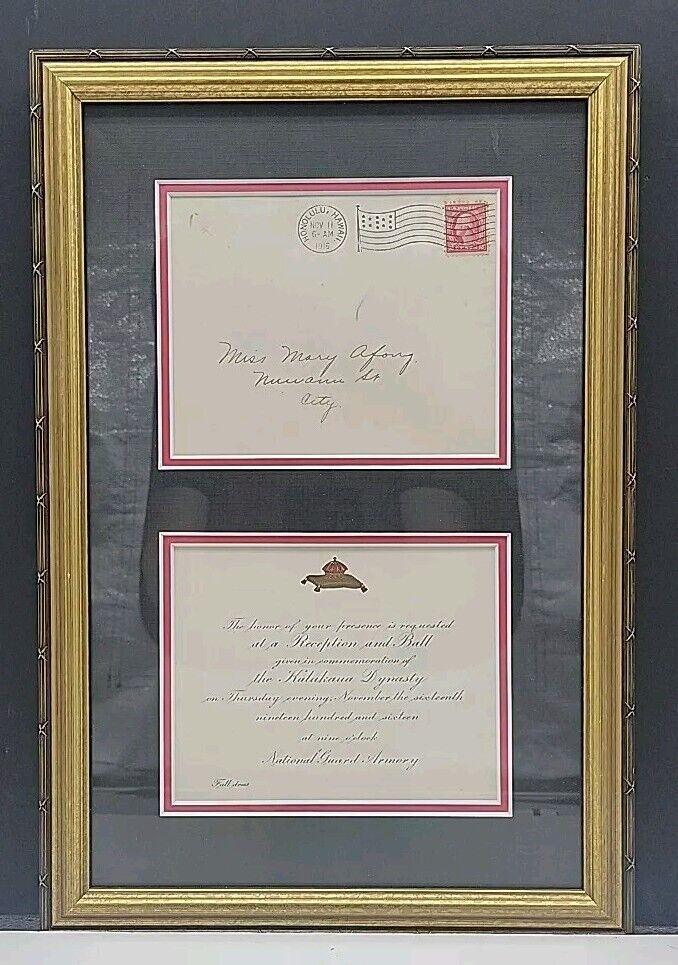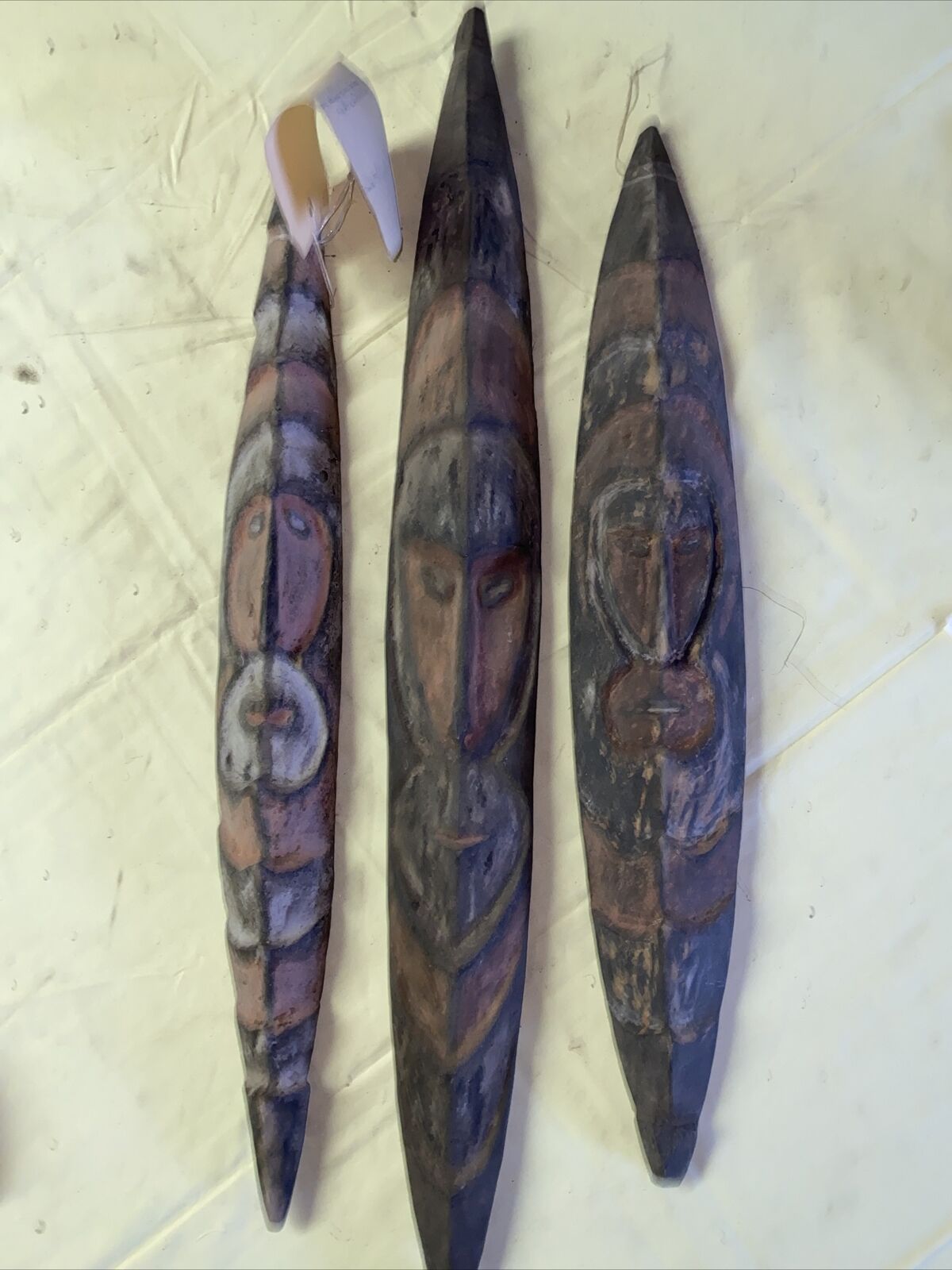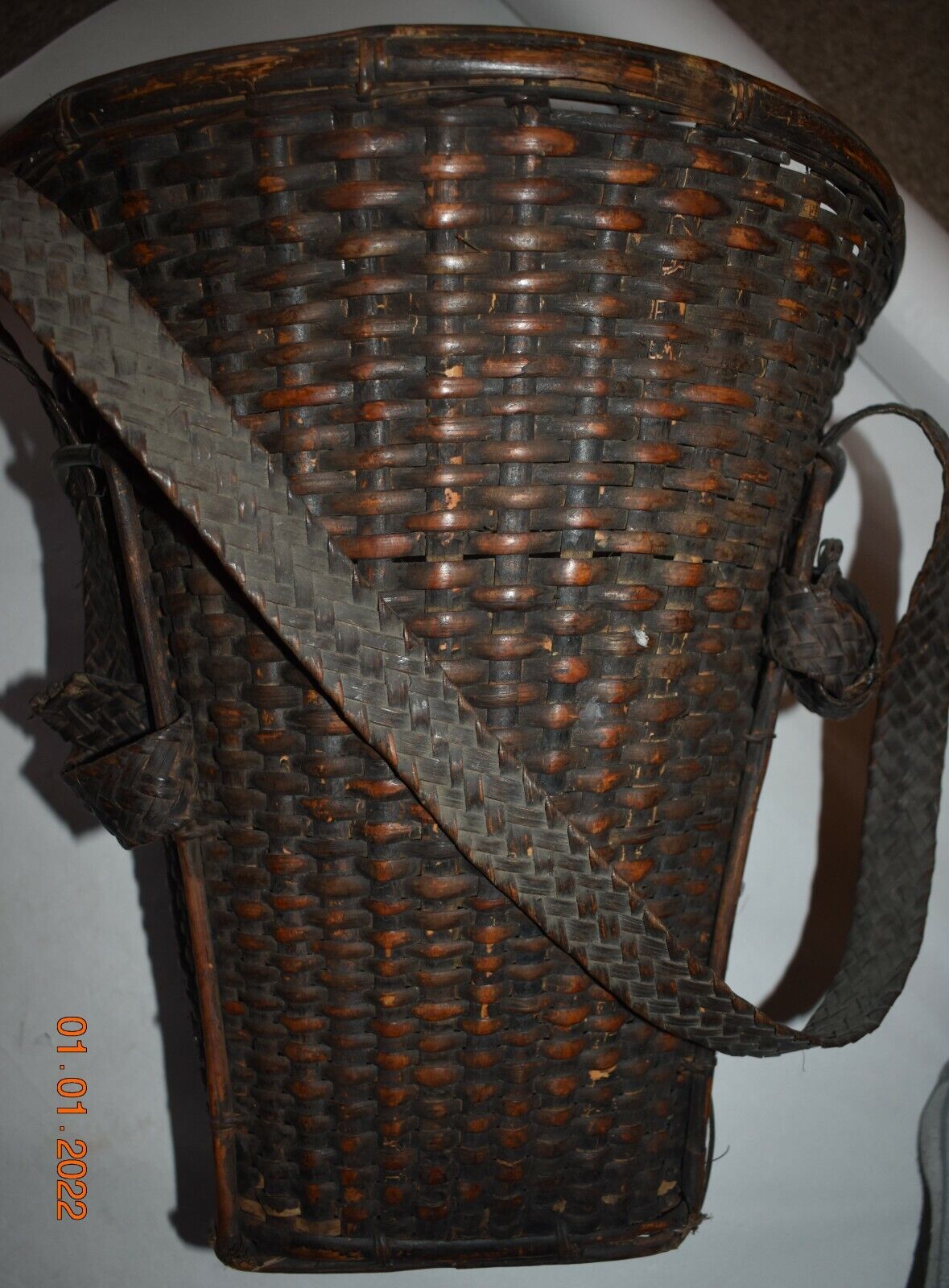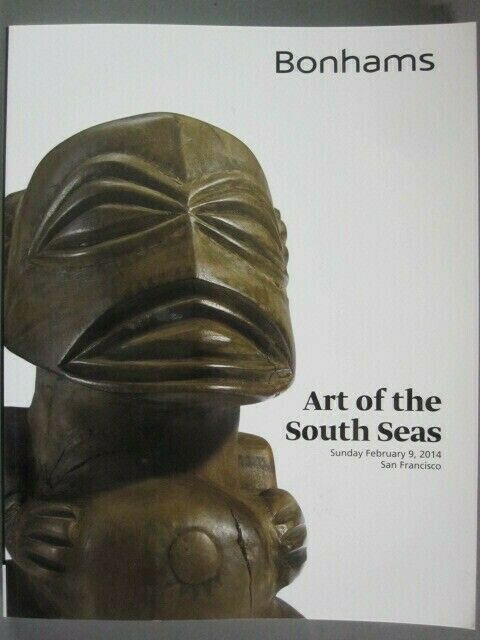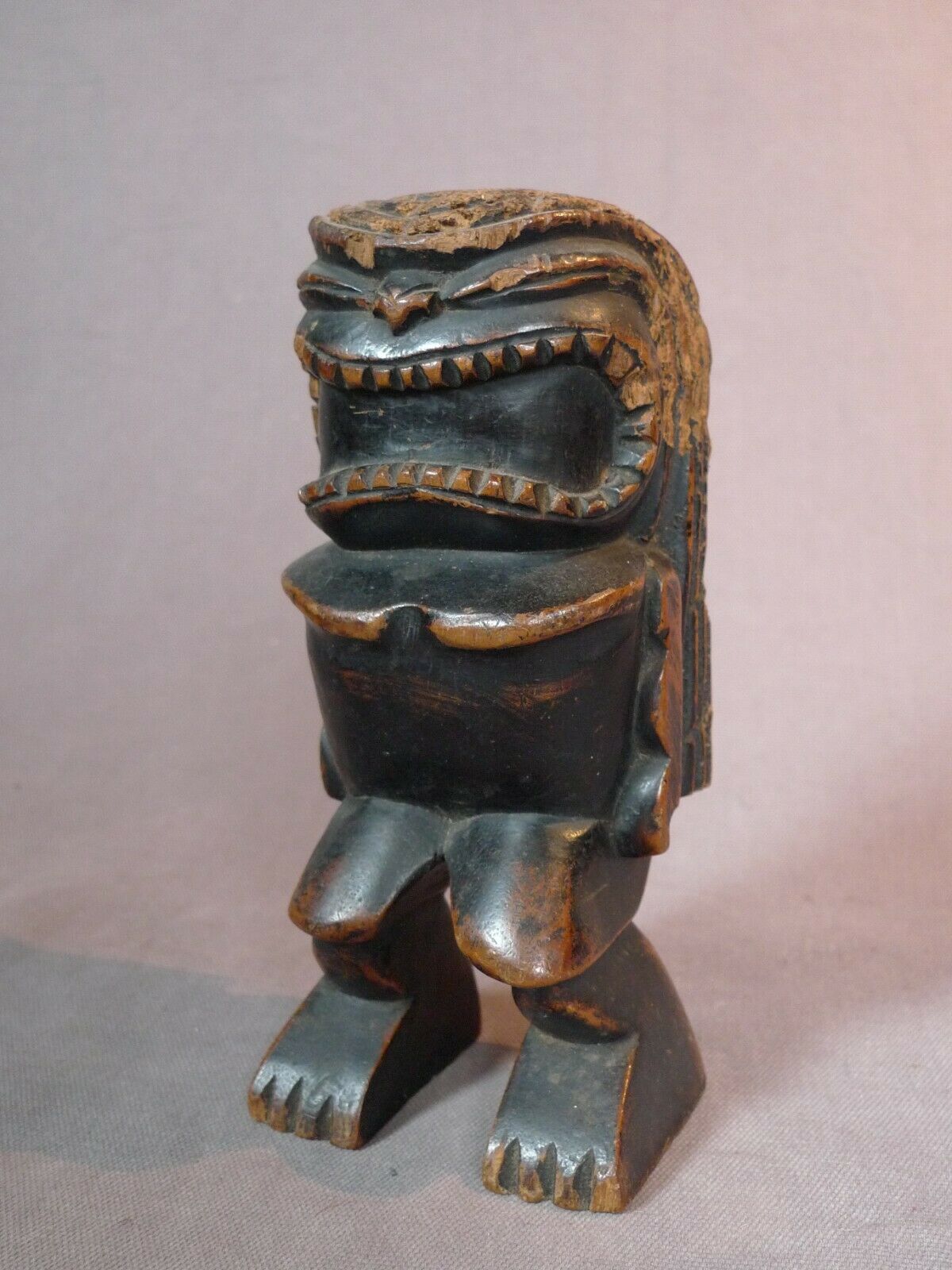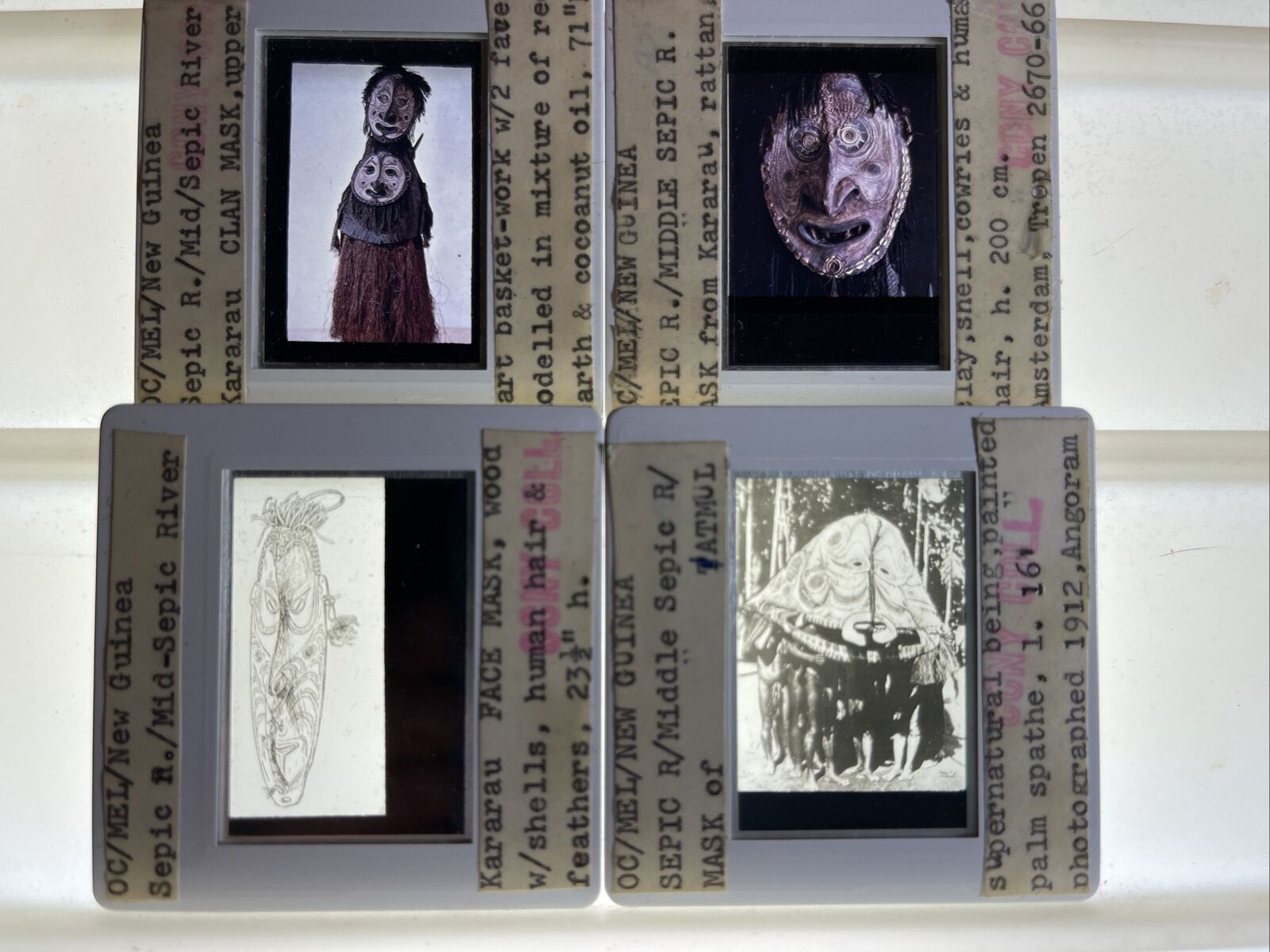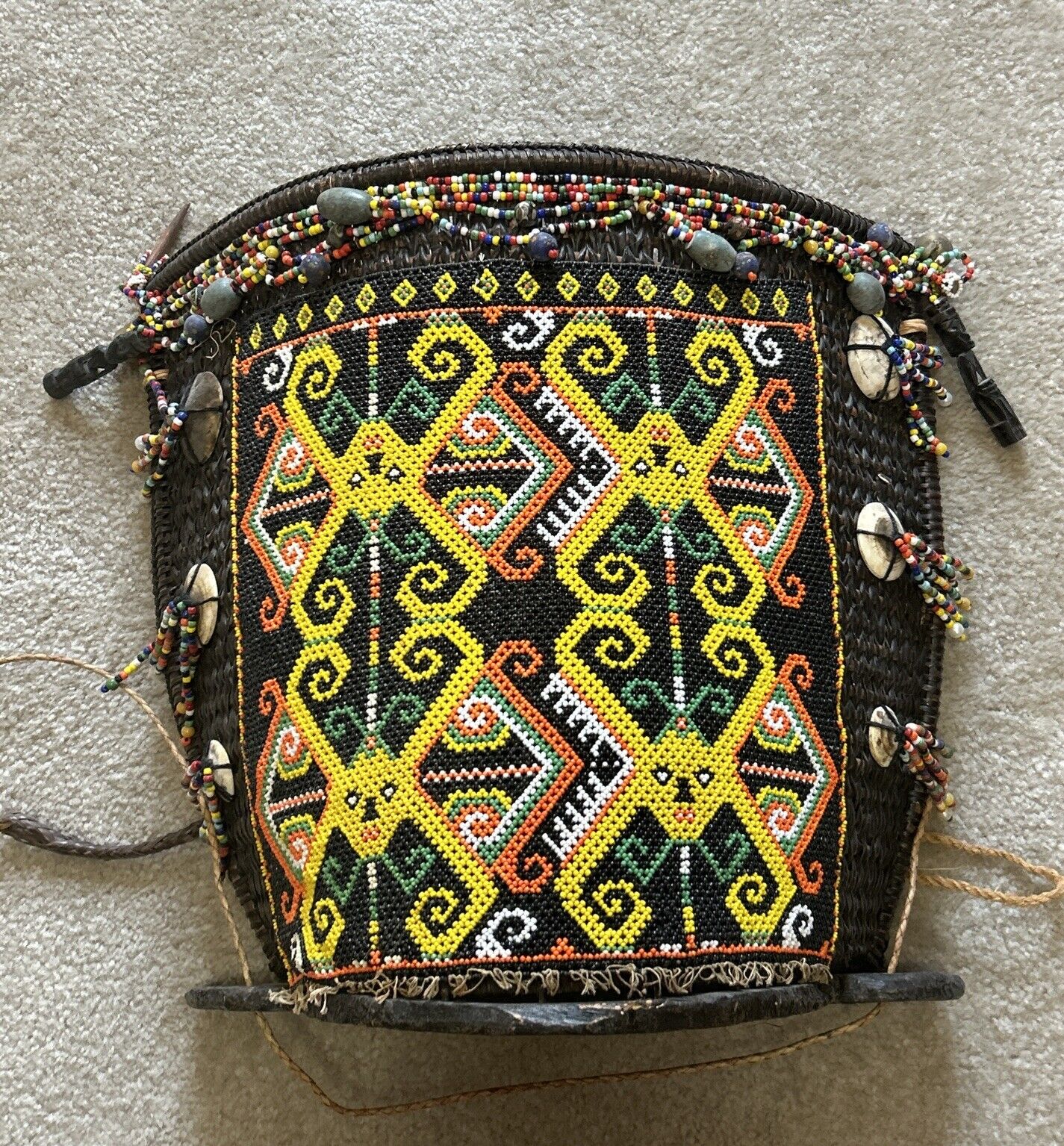-40%
Fijian Tapa cloth runner or Masi
$ 71.28
- Description
- Size Guide
Description
Tapa cloth runner from FijiFijian Masi runner created for festive occasions.
This is a modern version of a vintage design,
the actual tapa is much thicker and hard wearing.
Pieces like these are popular because they can be used
as table runners for special occasions.
This has never been used, but has some folds
from storing, which can be flattened out.
Dimensions: 2220mm x 300mm.
......................................................................................................................
If you are interested in Tapa cloths, (Kapa, Bark cloths, Masi, Ngatu, Siapo or PNG Bark cloths)
I have a few more listings on Ebay and will combine postage, if you'll buy 2 only pay postage for 1.
......................................................................................................................
Background info:
Tapa cloths are made of bark fibers, a type of cloth made from the bast, or inner bark strips of specific trees, mainly the mulberry tree, although several species of breadfruit and fig trees are also used.
As Tapa cloths are hand made with symbols and designs specific to a particular island group, region,or township, every single one is one of a kind and unique.
......................................................................................................................
Info about Fijian Masi:
Masi is an art form closely identified with Fijian cultural heritage and identity (common across many Pacific Island states, where this art form is also widely known as tapa).
In Fiji, the term Masi refers to cloth made from tree bark and decorated with intricate designs, generally a grid of square or rectangular geometrical patterns or motifs, mostly black, dark brown and red brown in color.
Fijian Masi are distinctive for these stenciled motifs, which are finely detailed and repeated in a regular pattern across the fabric. The motifs are called kesa, which are skillfully printed starting from the outer edges into the center of the cloth.
The skill of creating Masi is passed down from generation to generation, with artists reproducing and elaborating traditional designs and motifs that are associated with particular peoples and places.
The meanings of particular designs is shared within the community but generally not with outsiders.
This art form constitutes a form of ‘closed’ or ‘sacred’ indigenous knowledge, with the skill of creating these restricted to women only.
Masi play an important role in Fijian indigenous culture, they are used for functional purposes (clothing, blankets, curtains) and highly valued for ceremonial and decorative uses.
.......................................................................................................................................................
About Tapapacifica:
Living in New Zealand, I have been collecting Pacific Tapa cloths for about 30 years through the years have gained a lot of knowledge about the subject.
As I've reached my limit space wise I decided to sell a large portion of my collection off and over the last 6 years have sold a number of Tapa cloths to collectors, galleries, resorts, libraries, Government departments and museums.
A small part of my collection is kept on loan in museums in many parts of the world.
Customer satisfaction is very important to me.
Items are carefully packed, an item which arrives damaged will be refunded.
For more info: www.tapapacifica.com.
Thanks for your interest, questions are always welcome.
......................................................................................................................

